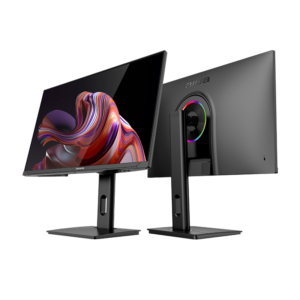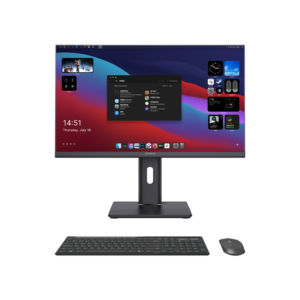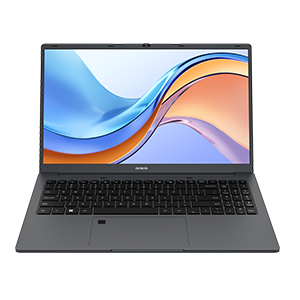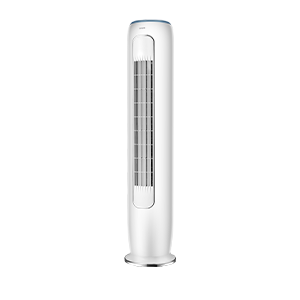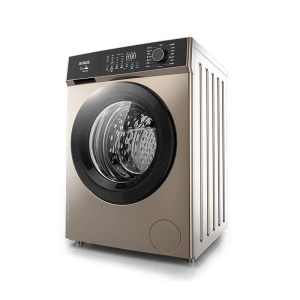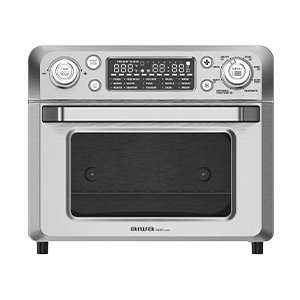Bluetooth Speakers: Do more watts mean better sound?
After a heavy workday, the tired Joseph wants to listen to his favorite music. Joseph knows that without the right speakers, the overall sound experience will not be good enough. So he browses online for the proper audio solution.
A dazzling variety of speakers of various brands and models are presented in front of him. Joseph did not know what to do? A few minutes later, he checks a fancy 100 watts powerful Bluetooth speaker and thinks: Well, It seems like the sound quality is good. So he immediately places the order.
Is this situation familiar to you? When buying speakers, many people think that the greater the speakers’ power, the better sound. Some businesses will use customers’ misunderstandings to emphasize how powerful the devices are. Does the greater the power of the speaker really bring better sound? Actually not.
In this article, we answer the question do more watts mean better sound? Let’s take a look!

About Watt
First, you need to know what is Watt. Watt is the measure of power coming from an amplifier. For amplifiers and normal speakers, the amount of power output and absorbed is expressed in watts.
All speakers will have a maximum number of watts that they can handle without being damaged. It is the manufacturer itself that provides the limit beyond which the device should not go. To give you an idea for an ordinary pocket semiconductor radio, even though its speaker power is generally only 0.5 watts, people in a room can still hear clearly. The same goes for high-quality earphones. Though its power is only a few hundred milliwatts, you can still hear pleasant music.
Listening to music does not require much power. Imagine that a household electric rice cooker’s power does not exceed 1000 watts, but it can generate such high heat. If your speaker’s actual power is 1000 watts, then the heat could be enough to cook eggs!
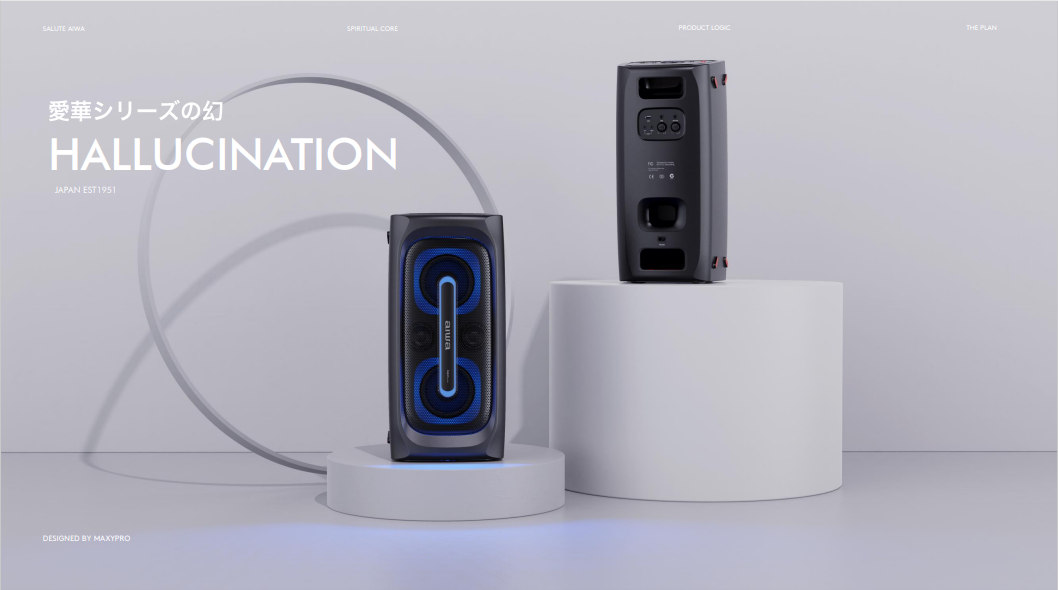
Bigger Watt ≠ Better Sound
In some people’s minds, they always think larger power (Watt) means better sound. Generally, it is true that the greater the power is, the louder the sound. However, loud noise does not mean high-quality sound. What decides whether the sound is good or not are sound details, timbre, and so on. Many factors such as frequency division design, cone material, box material, and thickness volume will be relevant as well.
Many speakers, such as the loudspeakers in public places, are just very loud and the sound is distorted. Their low, medium, and high frequency are not balanced, resulting in low quality of sound.
In short, speakers and amplifiers’ power is just one of the things that need to be considered. Depending upon which type of amp you have, the wattage and power measurement might not even mean more “power” in audio terms (more volume).
First, choose a speaker of suitable power due to your room size. For a 15 square meters room, the actual output power of the speaker is 15W×2 or 20W×2. If you think the sound is not loud enough, you can consider a 30W×2 or 50W×2 speaker, but in actual applications, the sound pressure only increases by three decibels as the power is doubled. Therefore, in most cases, the difference in sound pressure between the power of 50W×2 and the power of 20W×2 will not be too great.
Then, choose one with low total harmonic distortion, especially below 1%. The lower generally means the better. Also, the frequency response is significant. Some speakers sound better than others, and this is often a result of much better frequency response. A high range of frequency response usually means that the speaker has a greater dynamic range, providing more appealing sound.
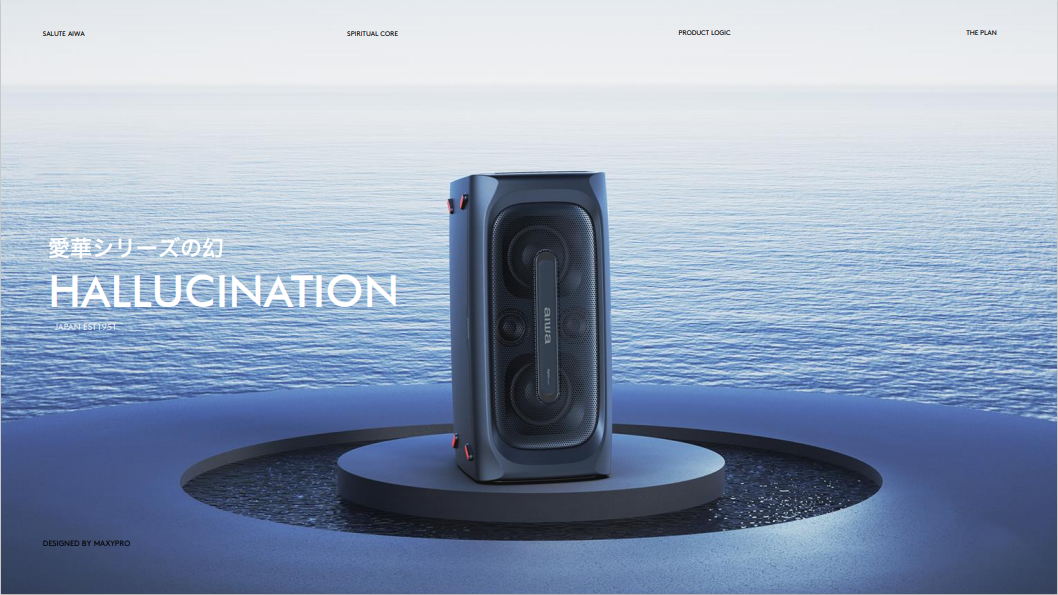
Conclusion
At Aiwa, we are fully committed to designing and manufacturing cost-effective and high-quality consumer electronics such as Bluetooth speakers, soundbar, and home theater systems. Click here and learn more!
So now you can start appreciating amazing sound!









